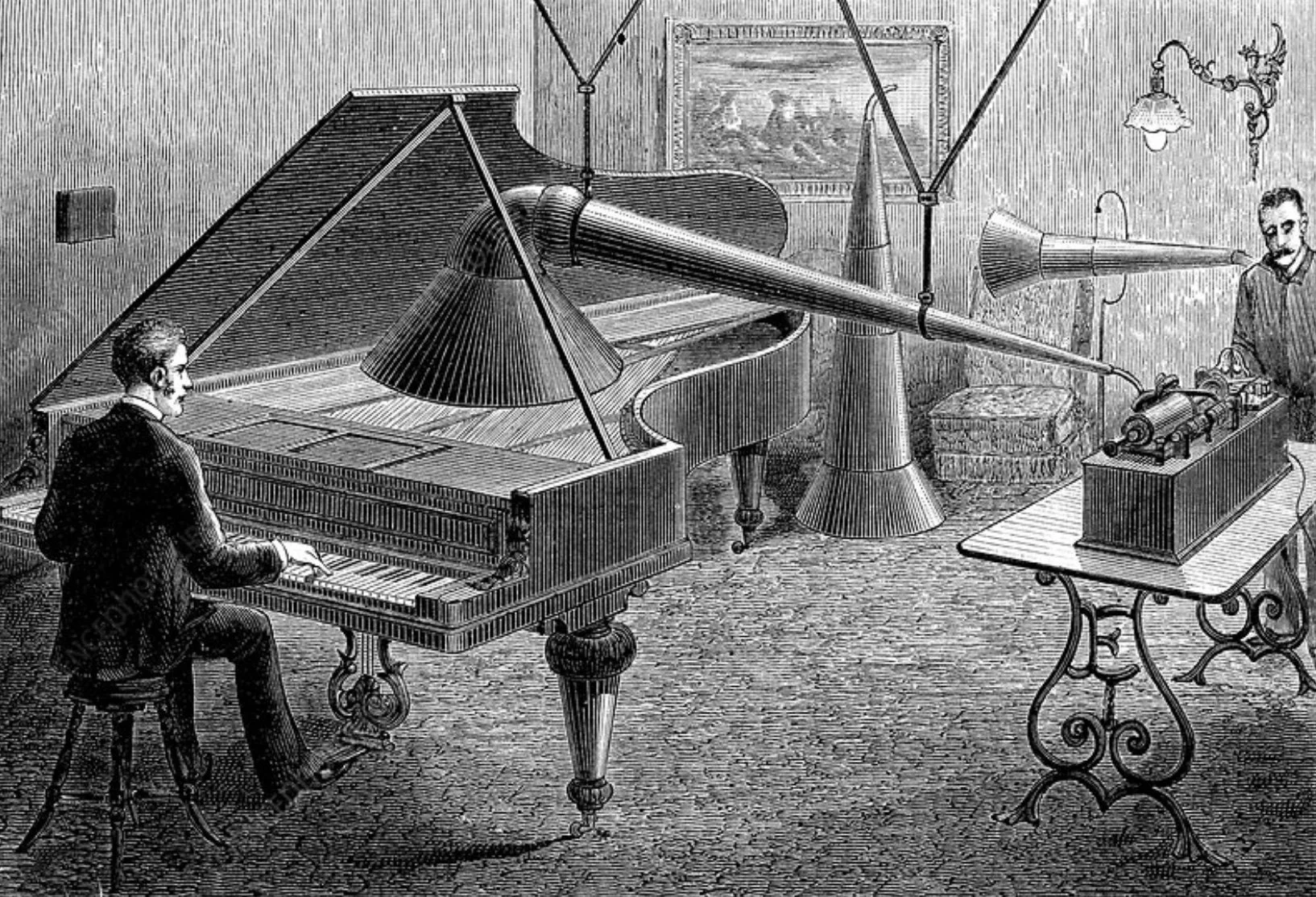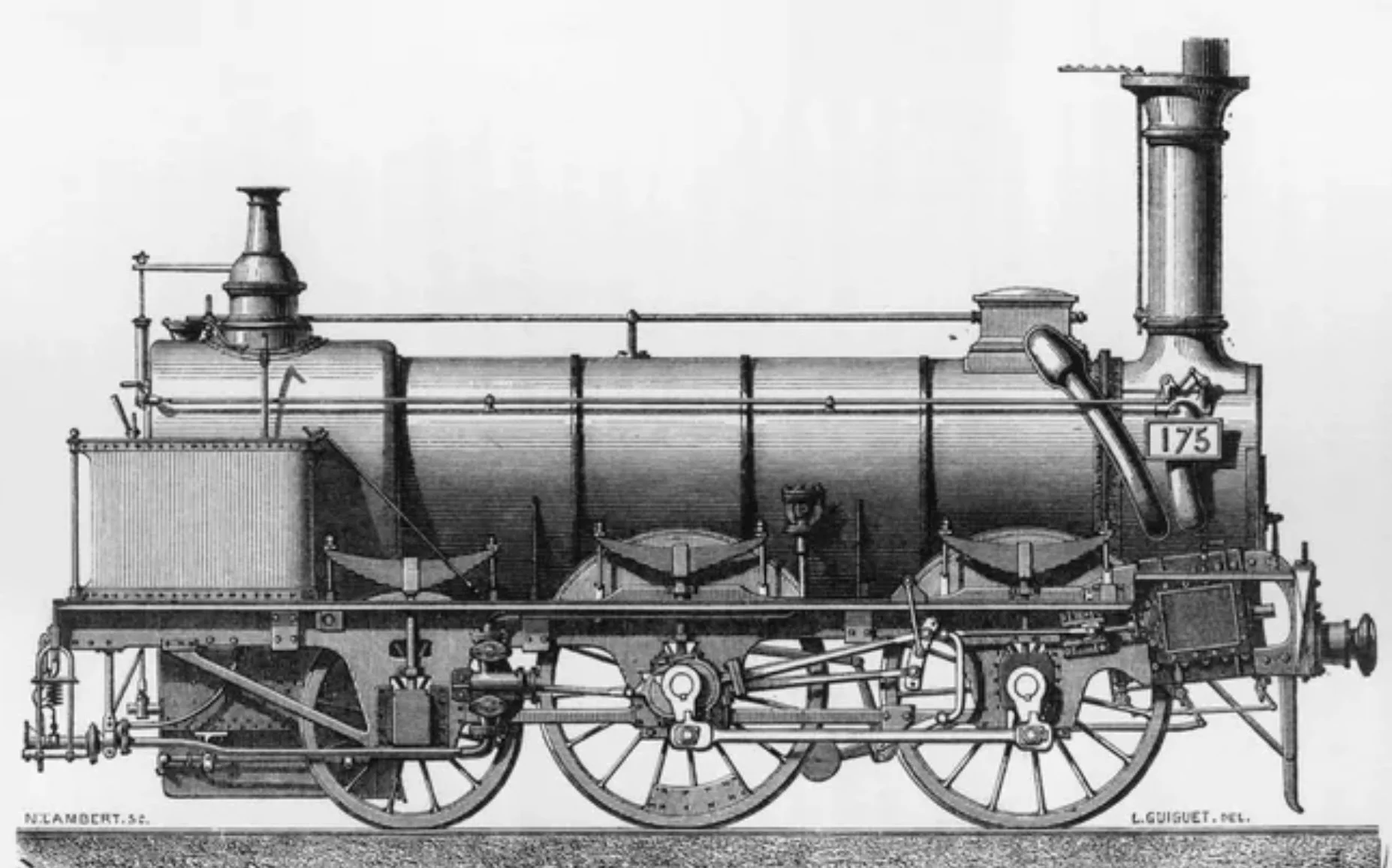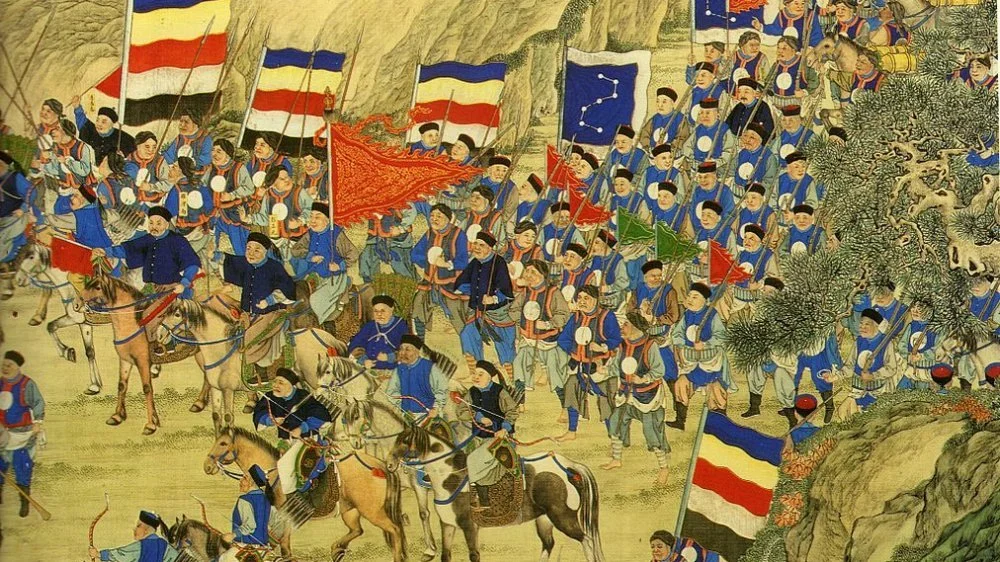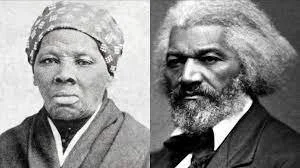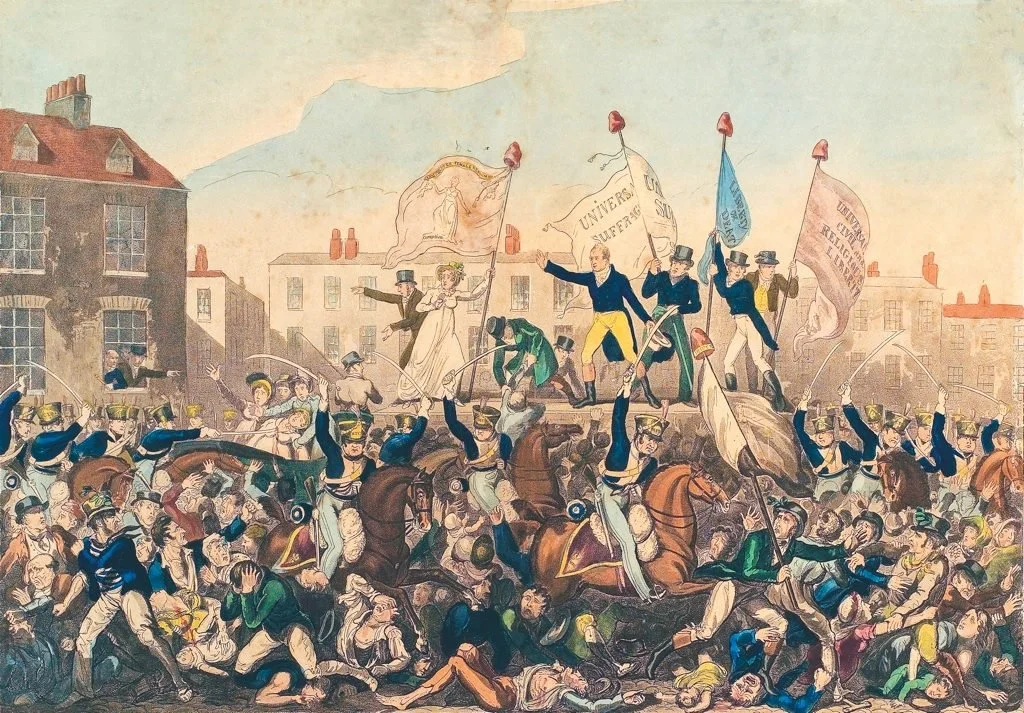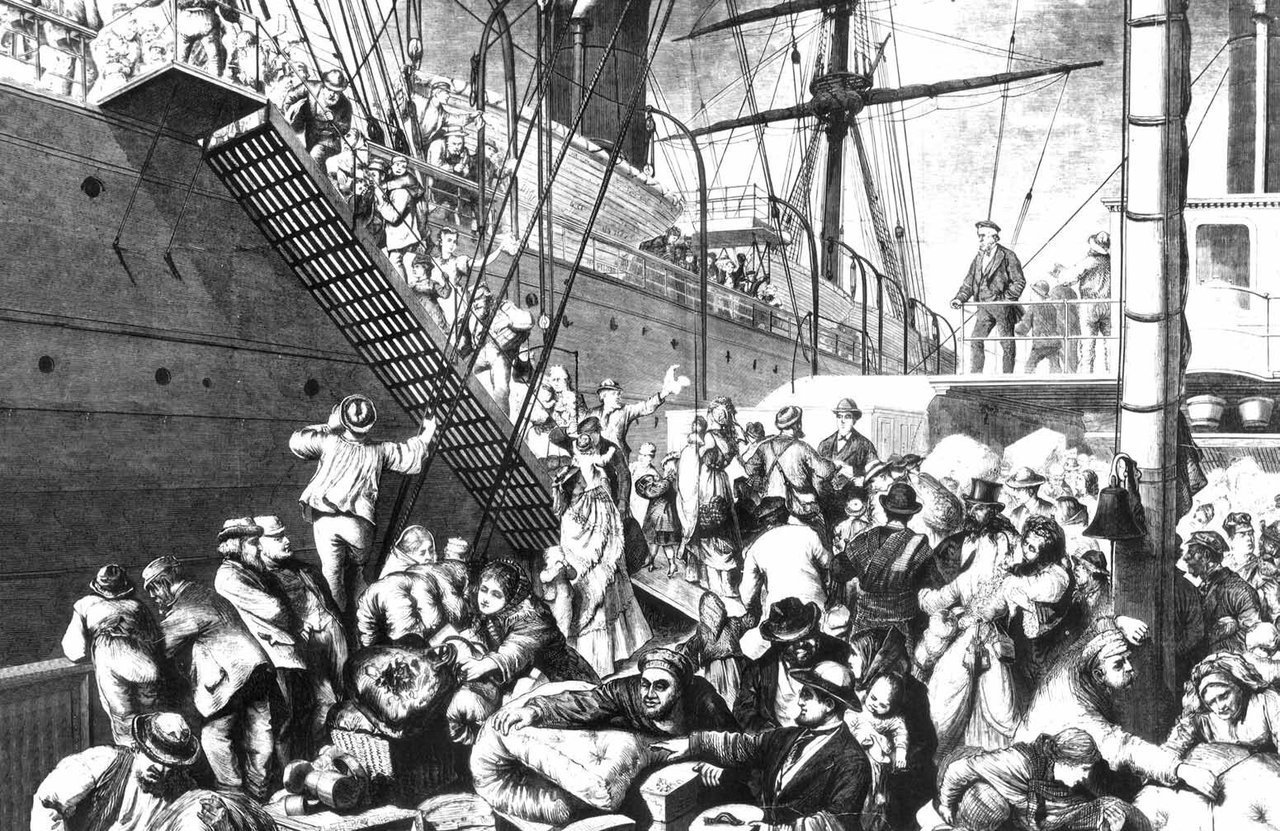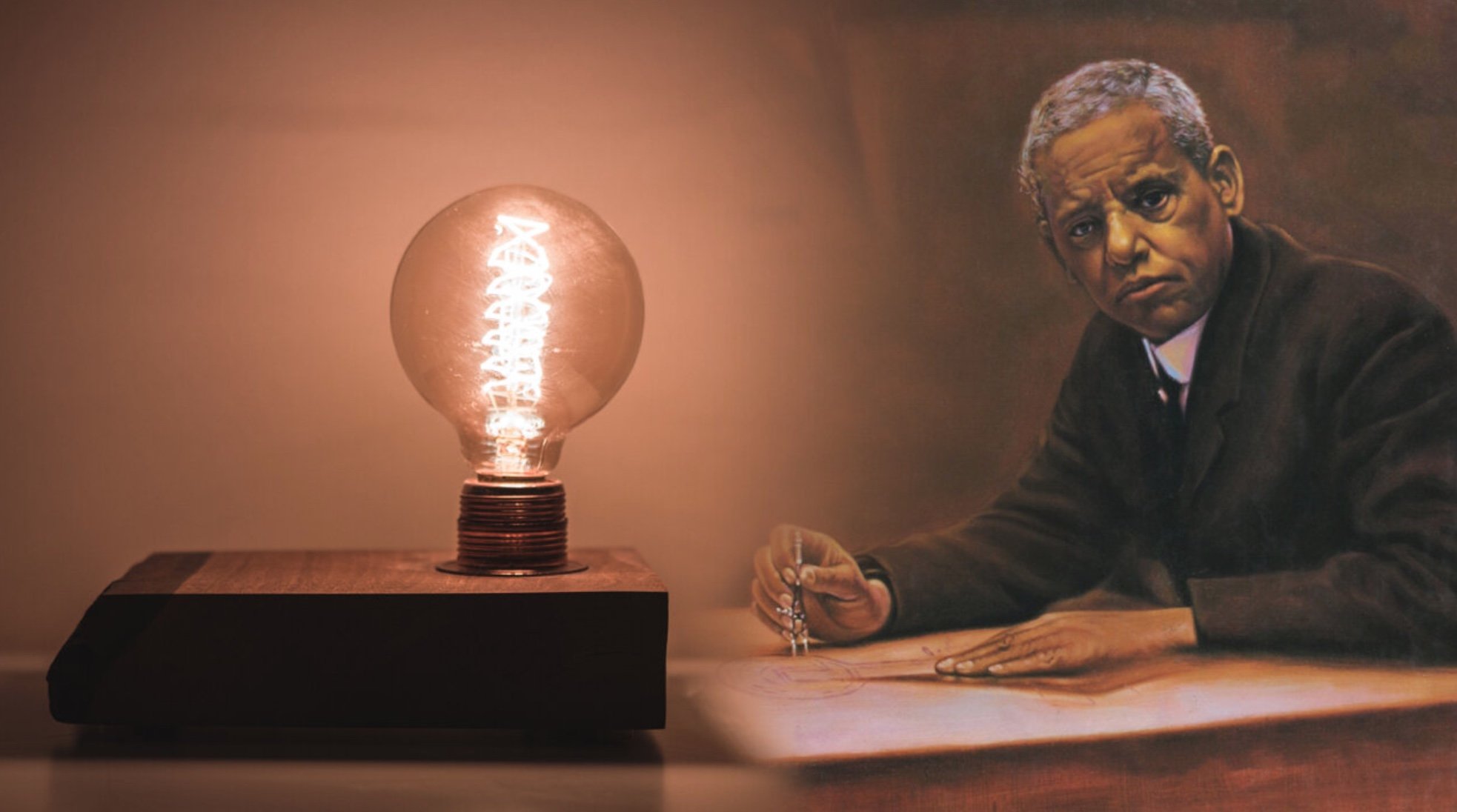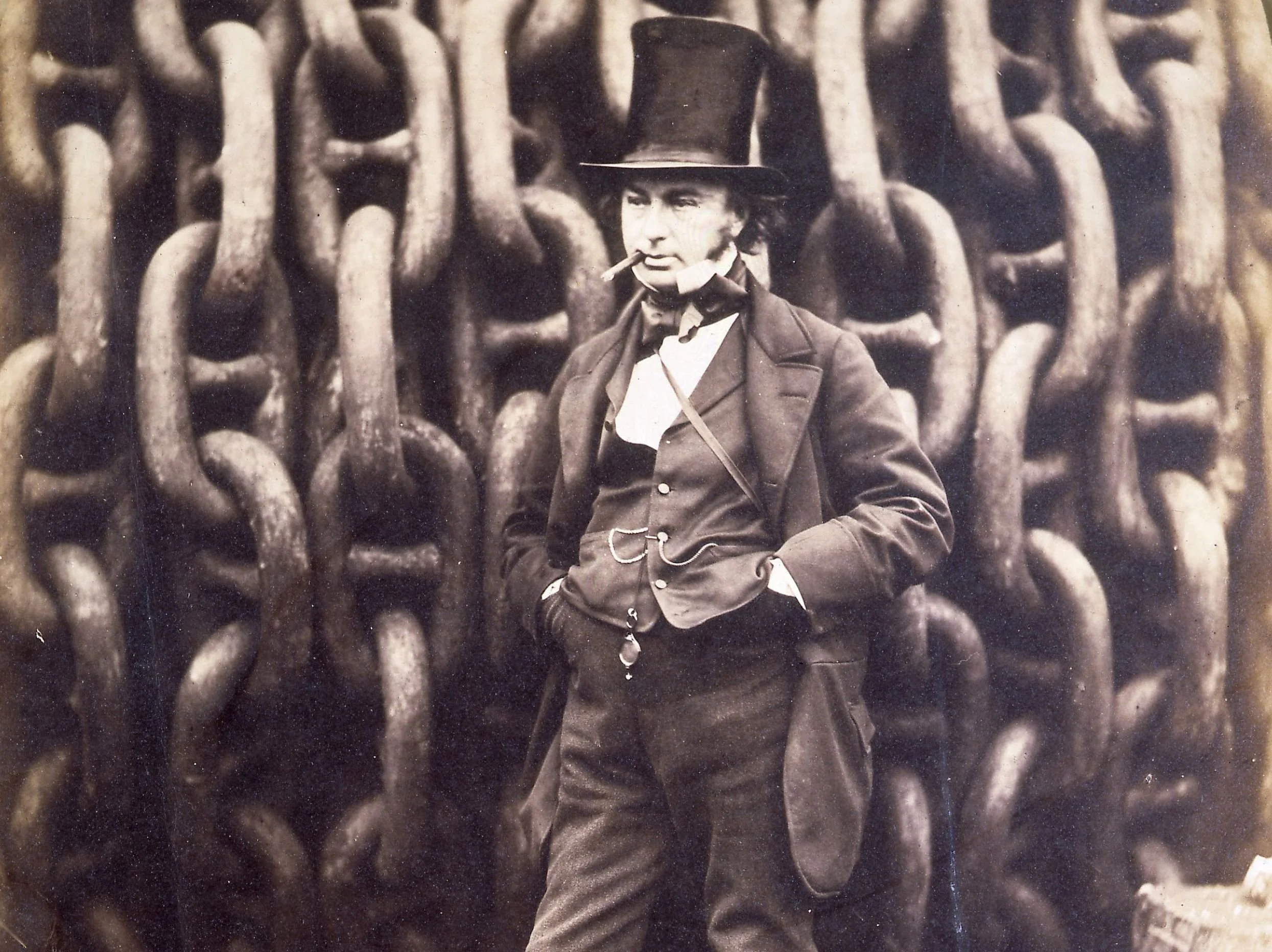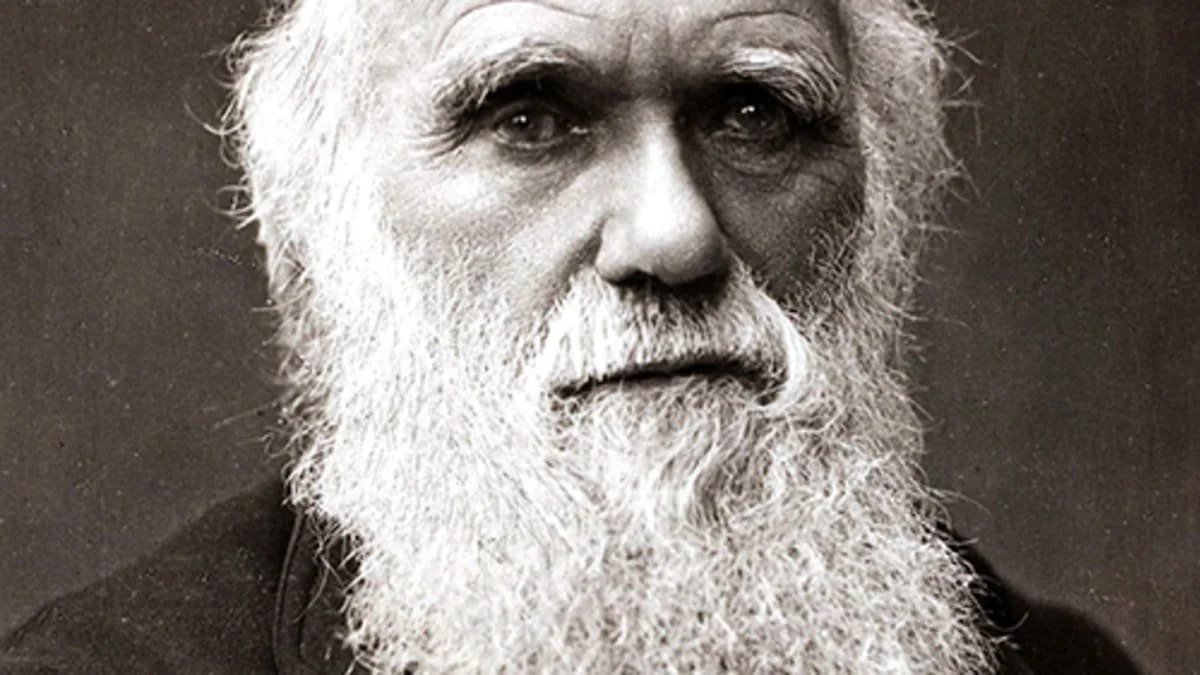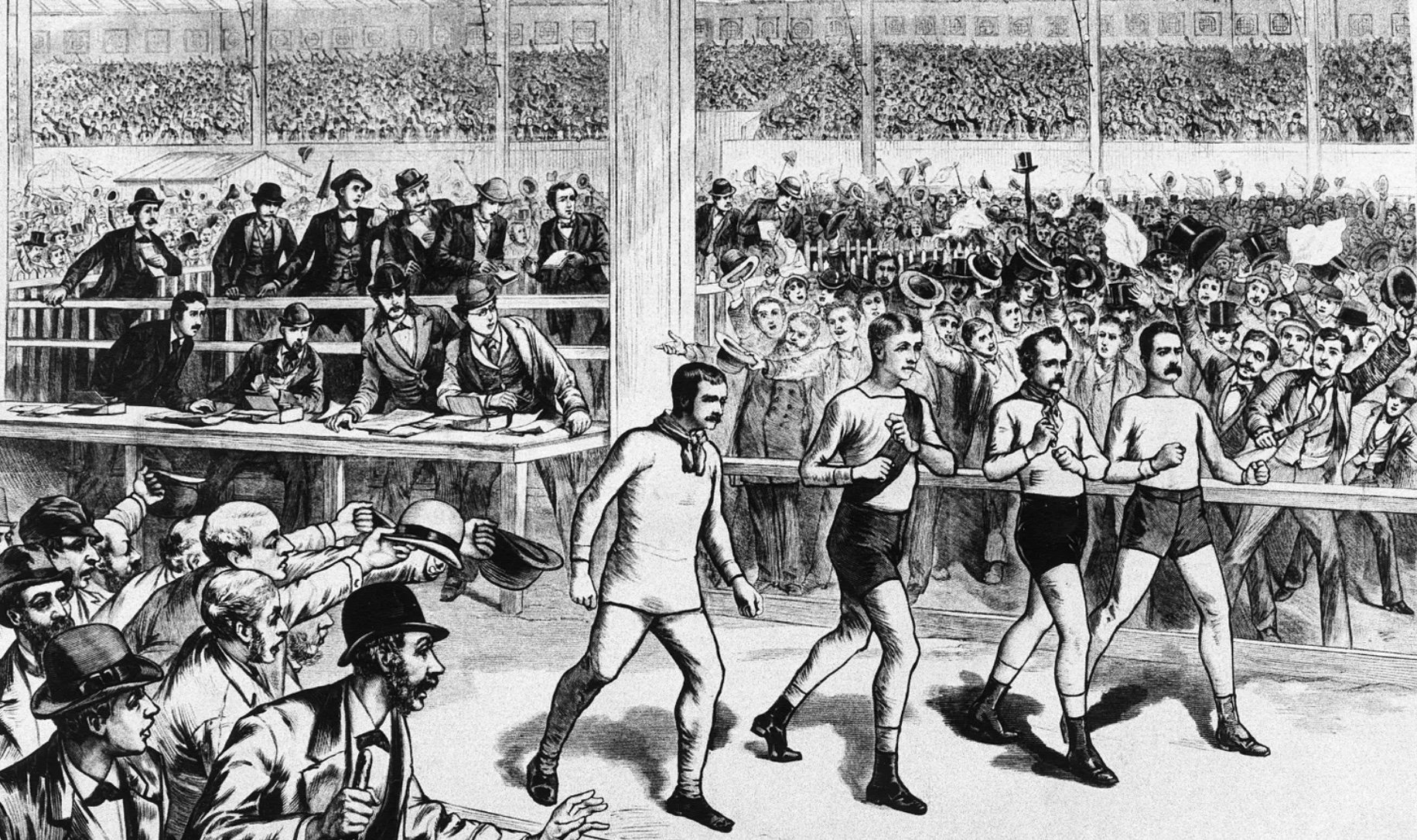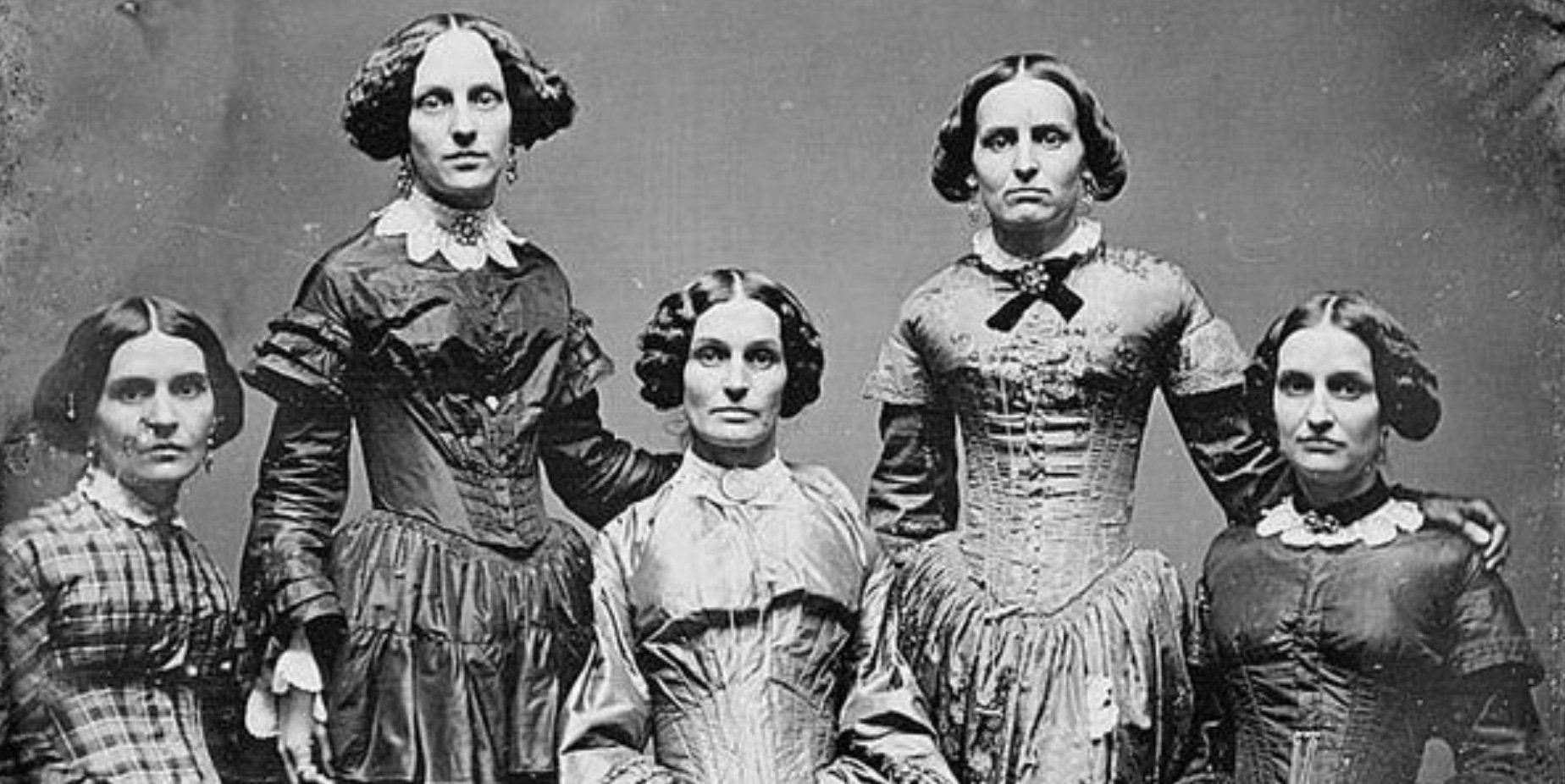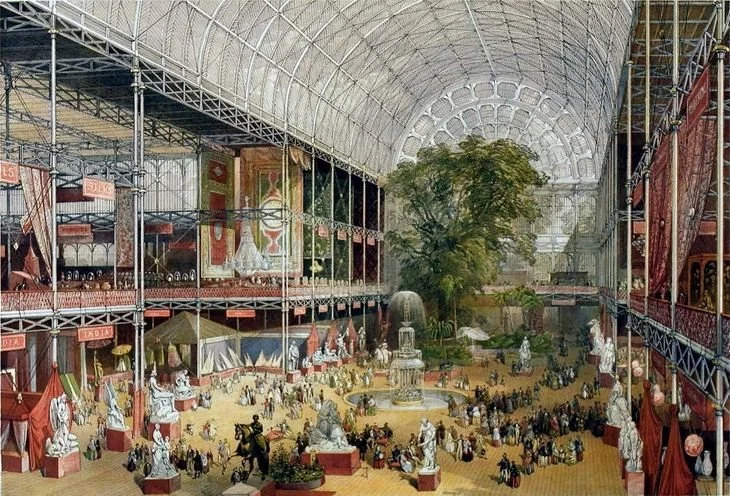By The Landlord
“It was the best of times, it was the worst of times.” – Charles Dickens, A Tale of Two Cities
"If there is no struggle, there is no progress. We have to do with the past only as we can make it useful to the present and the future." – Frederick Douglass, slave abolitionist and orator
“A place for everything, and everything in its place.” – Isabella Beeton, The Book of Household Management
“What can be more curious than that the hand of a man, formed for grasping, that of a mole for digging, the leg of the horse, the paddle of the porpoise, and the wing of the bat, should all be constructed on the same pattern, and should include the same bones, in the same relative positions?” – Charles Darwin, The Origin of Species
Steam trains, electric sparks, huge industrial machines, and millions leaving the rural life to chase smoke-city dreams. Railways and lightbulbs, bicycles and photographs, tunnels and telephones, Gatling guns and telegraphs. Vast, crumbling empires, and the greedy, expansion of new, particularly Queen Victoria's reign with the old red, white and blue. Explorers and exploiters, gold rush, wars and massacres, China, the Raj, but also Lincoln, Nightingale, Dickens and Darwin. Inventions and collections of the wonderful and weird. Equality movements, social suppression, tight-lipped sexual repression, and lots of men with beards. So many things that marked and changed in the 19th century, plenty of luxury and penury, for some so exciting, for many quite bleak, as some made their fortune, as usual, others barely made it through the week.
So then, it's a truly vast area, but how to approach what is arguably the second most, if not the most important and revolutionary century in human times, one that still shapes our lives today? It's most of all a social history topic, and this week we're seeking songs that capture the life and culture of the times, not so much music created in the the period itself, but songs recorded, inevitably, after the 19th century that reflect on it. So while landmarks in history, such as major battles, acts of parliament, or key events might feature and get a mention, it's the experience and culture of those living through those times that strike a chord. History is marked by key events, but change rarely comes quickly.
Go full steam ahead with your nominations
So in this introduction I can only really cherrypick, what will be for me, and I hope everyone else, as much a journey of discovery as summary. So while it's tempting to concentrate on the enduring 19th-century influence of Queen Victoria, and the style and culture of Dickens, this is also intended as a global topic. Broadly speaking the century was a big leap forward for the leading lights of Britain, certain European powers, and after a civil war, North America, setting in place a pattern that was to last for the next century. But it also meant a lot of suffering for many other parts of the world with the fracturing of the Islamic, Ottoman, Spanish, Portuguese, Holy Roman and French empires, the latter in particular after Napoleon's defeat at Trafalgar in 1805, the 1812 retreat from Russia and Waterloo in 1815.
Meanwhile Britain, Germany, Russia and the United States became more powerful, shaping up for what would occur in the 20th century. But what about songs about the Taiping Rebellion in China, easily the bloodiest conflict of the 19th century, in which an estimated 20-30 million people died?
The Taiping Rebellion - easily the bloodiest conflict of the 19th century
In America, arguably main events were the Civil War and the abolition of slavery. Lincoln and Wilberforce are key names, and will undoubtedly feature, but what of lesser lauded black figures who were born into slavery were key abolitionists? How about preacher, writer and impressive orator Frederick Douglass, or Harriet Tubman who spearheaded a with a network of antislavery activists and safe houses running the Underground Railroad?
Abolitionist heroes Harriet Tubman and Frederick Douglass
Social change movements were a constant in the 19th century, but like abolitionism, took far longer to take effect, really only beginning to become slightly tangible for the children, or childrens' children, or further along the line, of those who began them. For example, the UK the Great Reform Bill of 1832 changed the extraordinary voting imbalance of MPs, before which major cities such as Manchester were not even represented, but didn't include voting rights for women, which didn't even begin to come to fruition until the next century, and the first significant suffrage movement occurred in New Zealand in the 1870s. Social change movements are often marked by violent events rather than legislation, such as Peterloo Massacre in 1819, or in Dorset the Tolpuddle Martyrs of 1834, but the Factory Act of 1833 or the People's Charter 1838 still have significance. Are these captured in song?
Peterloo Massacre
The 19th century also spurred mass migrations across the world, particularly fuelled by the unification of Great Britain and Ireland at the beginning of that period, the many deaths and conflicts that followed, and the Irish potato famine of the 1840s vastly accelerating the diaspora to America, Australia and beyond. This also a huge source of song inspiration.
The 1840s Irish famine accelerated the diaspora
How might key inventions come up in lyrics, ones that changed daily lives, for example those that literally illuminated the 19th century world? It arguably all began with Humphry Davy's arc lamp in 1802, Alessandro Volta's early battery voltaic pile battery design in Italy in 1800, and Faraday's electric induction in 1831. And while later in the century the lightbulb invention is a tussle of credit between many others, notably Sir Joseph Swan and that key patent grabber Thomas Edison, how about the lesser known brilliant black innovator Lewis Howard Latimer, who worked for Edison's company and whose inventions included an evaporative air conditioner, an improved process for manufacturing carbon filaments for lightbulbs, and an improved toilet system for railway cars? Are there any songs about Latimer in addition to those more famous figures?
Lewis Howard Latimer, lesser known, but brilliant lightbulb filament inventor who has remained in the shadow of Edison
Diminutive in stature, but huge in achievement Isambard Kingdom Brunel (1806-1859) is almost certainly likely to figure with his many tunnelling and bridge achievements a man whose mark is permanently left on the landscape, and inextricably linked with the age of steam.
Chain of command: Isambard Kingdom Brunel
The railway itself, meanwhile, may well make up many tracks for this week's potential playlist. The steam engine had its first push in the previous century courtesy of James Watt, but the first full-scale working railway steam locomotive was built in the UK in 1804 by Richard Trevithick. And then the race was on, with many famous pioneering machines of 19th century, such as Matthew Murray’s rack locomotive Salamanca, built for the Middleton Railway in Leeds in 1812 or, in the following year the Puffing Billy built by Christopher Blackett and William Hedley for the Wylam Colliery Railway. Best known in this pioneering period George Stephenson and his Locomotion for the Stockton and Darlington Railway, to the first public track, the Liverpool and Manchester Railway, built in 1830. And thence to America and beyond, the rest, as they say, is chuffing history.
In a more animated review of the period, here is the wonderful Industrial Revolution section of the 2012 Olympic Opening Ceremony show, Isle of Wonder which can be seen here.
Many other of the 19th century's inventors changed our lives forever, with far too many to mention here. Long-term influences include Peter Durand’s first tin can of 1810, the founding idea of the modern computer through Charles Babbage and his Difference Engine and Analytical Engines (with huge input by Lord Byron's daughter Ada Lovelace), William Whewell's typewriter, Samuel Morse's telegraph, Karl Benz's tricycle, the establishment of the penny post in 1840 which meant far more people than the rich could send letters. And of course, the telephone, with many waiting on the line for credit, with various European forbears as well as Elisha Gray and Alexander Graham Bell, and not to mention Edison's 1877 early phonograph for analogue recording and reproduction of sound? Sounds good, if a little crackly. All pretty useful.
Thomas Edison and his second phonograph of 1878
The 19th century brought broader, even bigger ideas in a rapidly changing world that had far reaching consequences. How might they be captured in songs about the 19th century that influenced the future? In 1810 The University of Berlin was founded, and among students and faculty were Hegel, Marx, and Bismarck. Out of that The Communist Manifesto was published in 1848. Meanwhile, could the publication of Charles Darwin's The Origin of Species on 1859 also mark the beginning of the death of God?
Charles Darwin: biggest idea of the century?
Your song suggestions can also stray into fictional worlds as well as true events, with fantasy and early sci-fi, steampunk and more such as early Jules Verne or HG Wells just as much as the earlier styles and societies of Jane Austen, Charles Dickens, William Thackeray, Elizabeth Barrett Browning, Robert Browning, the Brontës, Alfred Lord Tennyson, as well as more earthly works such as the incredibly popular Mrs Isabella Beeton and her 1861 Book of Household Management, a bible for recipes and behaviour for wife, cook and servant:
Art, poetry, literature and music of the period gradually moved from Romanticism to Impressionism and post-Impressionism, from Beethoven to Mahler, from Keats to Rudyard Kipling, from Constable and JW Turner to the Parisian scene, but perhaps a different way of looking at the culture of the times is to dip into what the average person in the street might have spent their time on.
While the century gave birth to sports such as modern cricket and football, far more popular was pedestrianism, lengthy non-stop walking race that were a raucous spectator event that lasted up to a week, in which competitors would walk 100 miles or more per day, and for much of the time stagger from exhaustion in extreme exhibition of stamina and falling over. It was as popular as a public hanging, and with far more prolonged suffering, but in which the participants could earn vast sums of money.
Particularly popular in the UK and the US, exaggeratedly mannered, moustachioed athletes in tight leggings and shorts would line, each with eccentric walking styles, often copied by fans, and huge egos. They were the sporting rock stars of their day. Among the most famous were Edward Weston, renowned for his wobble (he was known as the, er, "Wily Wobbler"), while superstar pedestrian Daniel O' Leary pumped his arms like pistons and clutched corn on the cobs in each hand, which he claimed helped to absorb the sweat. Across the pond, black athlete Frank Hart was the most famous in America, and in 1880 when he walked a record-breaking 565 miles at one six-day match.
Pedestrian stars of the 19th century were known for their characteristic gaits, such as Charles Rowell's "trot" (far left) and Charles Harriman's mechanical stride (second left)
Finally, it's arguably everyday language that captures 19th century culture as much as any other source, revealing value system, attitudes and more. The English Victorians, in particular were repressed in some ways and while prostitution was still very much part of the culture and active behind closed doors, there was considerable cleaning up of street names from their original sexual or more functional descriptions. When there were once many Gropecunt Cracknuts, or Cockshut Lanes, now there are few. A former Gropecunt Lane in Oxford, for example, is now Magpie Lane.
But there are several streets in existence that slipped through the Victorian censors’ prurient and prudish eyes. Laycock Street in London’s Islington, Balls Pond Road also nearby, Penistone Road in Streatham, White Knobs Way in Caterham, Cock Pond in Clapham Common and Peckermans Wood in Sydenham are just some of many male genitalia references that have remained in place, while in reference to the act itself, keen observers might also like to seek out Cold Blow Lane in New Cross or Cumming Street in Islington in reference to actual act within the oldest profession. But these ladies would not be allowing any sign of that:
The hot look of 1840
There are many more eccentricities to Victorian culture, including being photographed with dead relatives, but what might sum up the Victorian prudishness, photographers never encouraged subjects to say ‘cheese’ at the moment of exposure, but the word ‘prune’, as this helped them not smile too much, and helped the mouth stay closed. Good for the bowels, at least.
To close then, here’s a selection of enduring phrases, not necessarily coined in the period (some are from Shakespeare or earlier), but all commonly used at the time, expressing Victorian values, and here might offer a conversational or lyrical form of inspiration:
Children should be seen and not heard.
We are not amused.
The devil makes work for idle hands.
Eavesdroppers never hear good of themselves.
Least said soonest mended.
Speak when you are spoken to and not before.
If a job’s worth doing it’s worth doing well.
Play your cards close to your chest.
Brush your hair one hundred times before bed.
Elbows off the table, hands in laps.
A secret is only a secret when you don’t tell anyone.
Protect yourself from other people’s bad manners by a conspicuous display of your own good ones.
So then, it’s time to dress up, prime the moustache and beard, and get into the 19th century spirit of things, and here, to create our own Great Exhibition of songs. Helping with an omniscient, all-seeing, all-hearing overview, is the author of this topic idea, the sapient ShivSidecar! Place your song suggestions in comments below before the bell rings on Monday at 11pm British Empire time, for playlists published next week. The macrocosm and the microcosm …
The Great Exhibition of 1851 in Crystal Palace, London
New to comment? It is quick and easy. You just need to login to Disqus once. All is explained in About/FAQs ...
Fancy a turn behind the pumps at The Song Bar? Care to choose a playlist from songs nominated and write something about it? Then feel free to contact The Song Bar here, or try the usual email address. Also please follow us social media: Song Bar Twitter, Song Bar Facebook. Song Bar YouTube, and Song Bar Instagram. Please subscribe, follow and share.
Song Bar is non-profit and is simply about sharing great music. We don’t do clickbait or advertisements. Please make any donation to help keep the Bar running:

